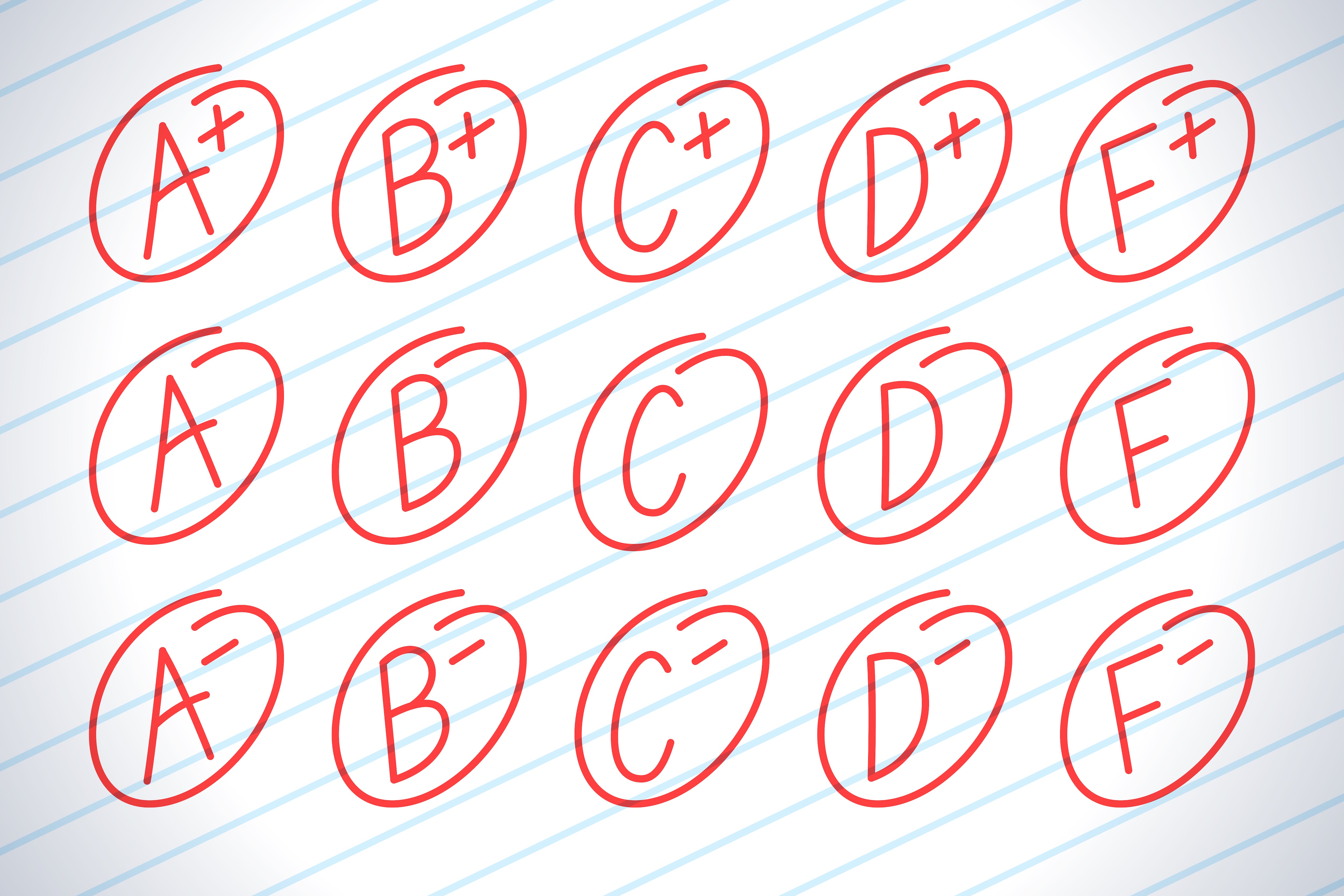Students would be able to retake exams up to two times, the letter grades D and F would become a G or a No Credit, and homework largely would be limited to reading assignments or studying.
These are the changes that will usher in a dramatically new way of grading in the Detroit Public Schools Community District, and address mounting complaints that many students learning online are overwhelmed and disengaged. The changes take effect for the current semester.
Superintendent Nikolai Vitti detailed the changes, recommended by an online learning task force that includes 200 people, during a school board meeting Tuesday night. The group’s goal was to devise recommendations to improve online learning, as well as student motivation and engagement. Vitti said the task force will continue to meet and present more ideas.
“If we don’t do something, our attendance rates will continue to decline and our failure rates will continue to increase,” Vitti said.
Educators across Michigan and the nation have drawn attention to rising rates of failure and many schools have made similar adjustments to help students be successful.
In the Detroit district, about 20% of elementary and middle school students and up to 35% of high school students failed at least one class in the first quarter. Those rates are about twice that of the previous school year, according to district estimates.
Meanwhile, average daily attendance is 72.5% in the district, compared to the average of nearly 85% during the last school year, before the pandemic forced the closure of school buildings and the transition to remote learning.
Here are the changes, presented at the board meeting:
- Students may retake quizzes and tests up to two times to demonstrate their understanding of the content.
- The grade letter D would become a G. Students would get credit for the class, but it would not impact their grade point averages. The change would be retroactive to first semester grades.
- The grade letter F would become NC, for no credit. The NC would not affect grade point averages.
- The changes to D and F grades would apply to students in grades 3-12. Students in lower grades do not currently receive letter grades.
- Students who attend and participate in class 80% of the time cannot receive a grade lower than a G.
- The number of graded assignments issued by teachers in a week would be limited to one per subject in grades K-2 and two per subject in grades 3-12. There will be no limit on quizzes and tests. Teachers would be required to give students a breakdown of assignments and tests planned for the week each Monday.
- Homework will be limited to reading assignments or studying, as well as the limited number of graded assignments teachers could assign for homework.
- Students can submit late assignments and resubmit assignments to receive a better grade within a 10-day window.
Vitti said the recommendations “are not about lowering standards.” Instead, he said, “this is about creating a process so our students can feel like they can be successful, and to engage in a way where they can think about what they’re learning and not be so overwhelmed that they’re giving up. We’re hearing from too many students and too many families that students are literally giving up.”
Board member Misha Stallworth West said she appreciated the recommendations. She asked Vitti whether the changes to D and F grades would affect college applications.
“Do we know how that will work for transcripts for college?” she asked.
Vitti noted that the grade point average, one of the data points colleges look at when evaluating applications, won’t be affected by the change. He said another district has already been using G’s instead of Ds, and it “has not raised red flags.”
Marnina Falk, a teacher in the district who spoke during the public comment period of the meeting, said “all this flexibility you’re adding ... is great,” but she said she’s concerned it will put more work on teachers.
“Simply adjusting our grading system is not enough,” Falk said. “My students and I are exhausted,” she said.





